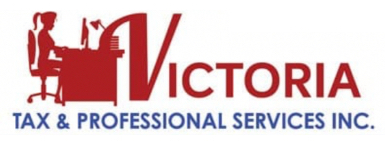Understanding Tax Laws for Freelancers and Contractors
As a freelancer or contractor, it’s important to understand tax laws and regulations to avoid costly mistakes and ensure compliance with the law. Here’s a closer look at some key tax laws that affect freelancers and contractors:
- Self-Employment Taxes – As a self-employed individual, you are responsible for paying self-employment taxes, which include both Social Security and Medicare taxes. Unlike traditional employees, you are responsible for paying both the employer and employee portion of these taxes.
- Estimated Taxes – Since freelancers and contractors don’t have taxes withheld from their paychecks, they are required to make estimated tax payments throughout the year. Estimated tax payments are based on your expected income for the year and must be made quarterly to avoid penalties and interest charges.
- Business Expenses – As a freelancer or contractor, you may be eligible to deduct business expenses, such as home office expenses, travel expenses, and equipment expenses. However, it’s important to keep accurate records of all expenses and work with a tax professional to ensure you’re taking advantage of all available deductions.
- 1099 Forms – As a freelancer or contractor, you may receive a 1099 form from clients or customers who paid you more than $600 in a given year. Make sure to keep all 1099 forms for your tax records and report all income accurately on your tax return.
- Tax Deadlines – Freelancers and contractors have the same tax deadlines as traditional employees, but they may be required to file additional tax forms, such as Schedule C, Schedule SE, and Form 1040-ES. Make sure to mark your calendar with all tax deadlines and work with a tax professional to ensure all necessary paperwork is filed on time.
In summary, understanding tax laws and regulations are critical for freelancers and contractors to avoid costly mistakes and ensure compliance with the law. By staying up-to-date on tax laws, keeping accurate records, and working with a tax professional, you can ensure that you’re maximizing your tax savings and avoiding potential tax issues.

